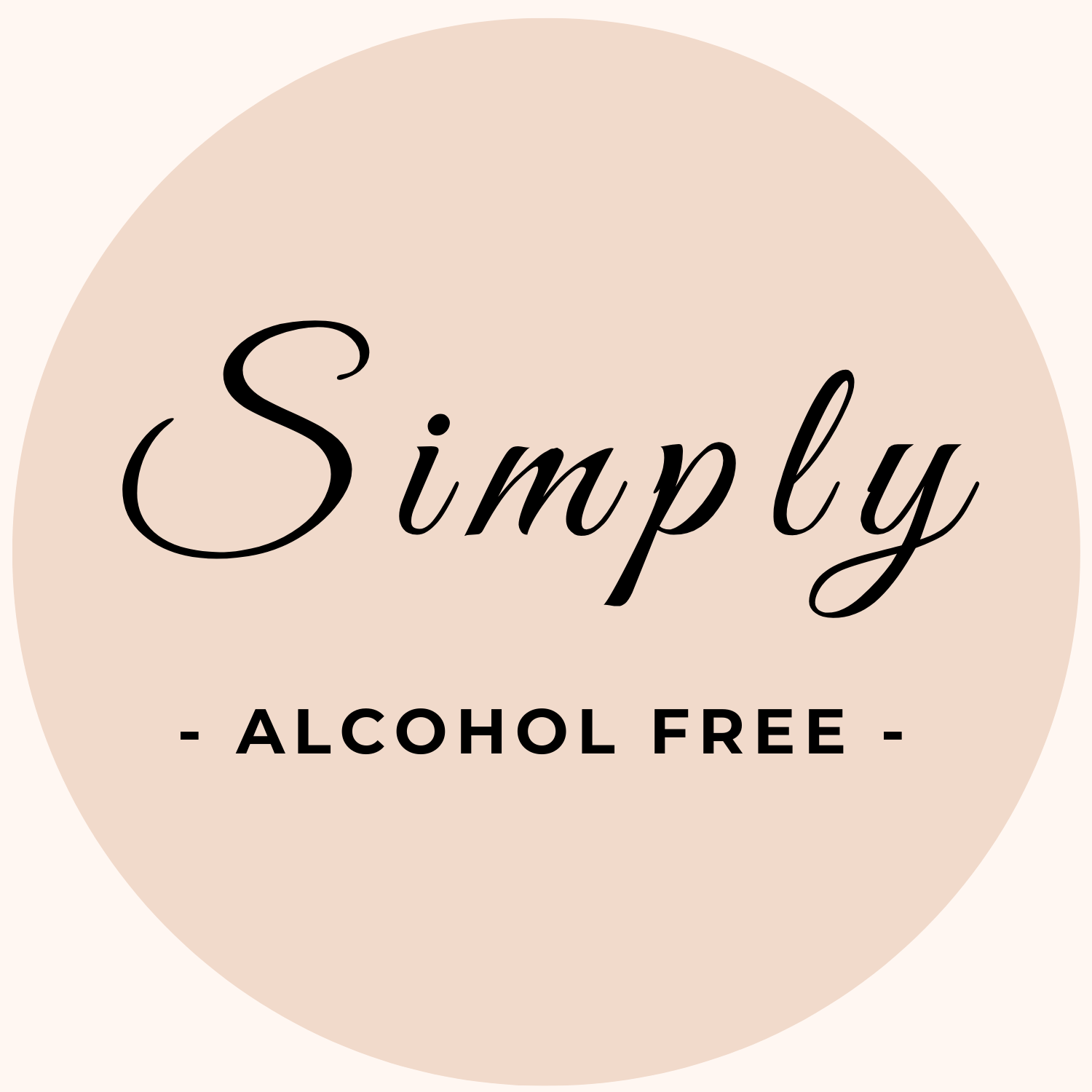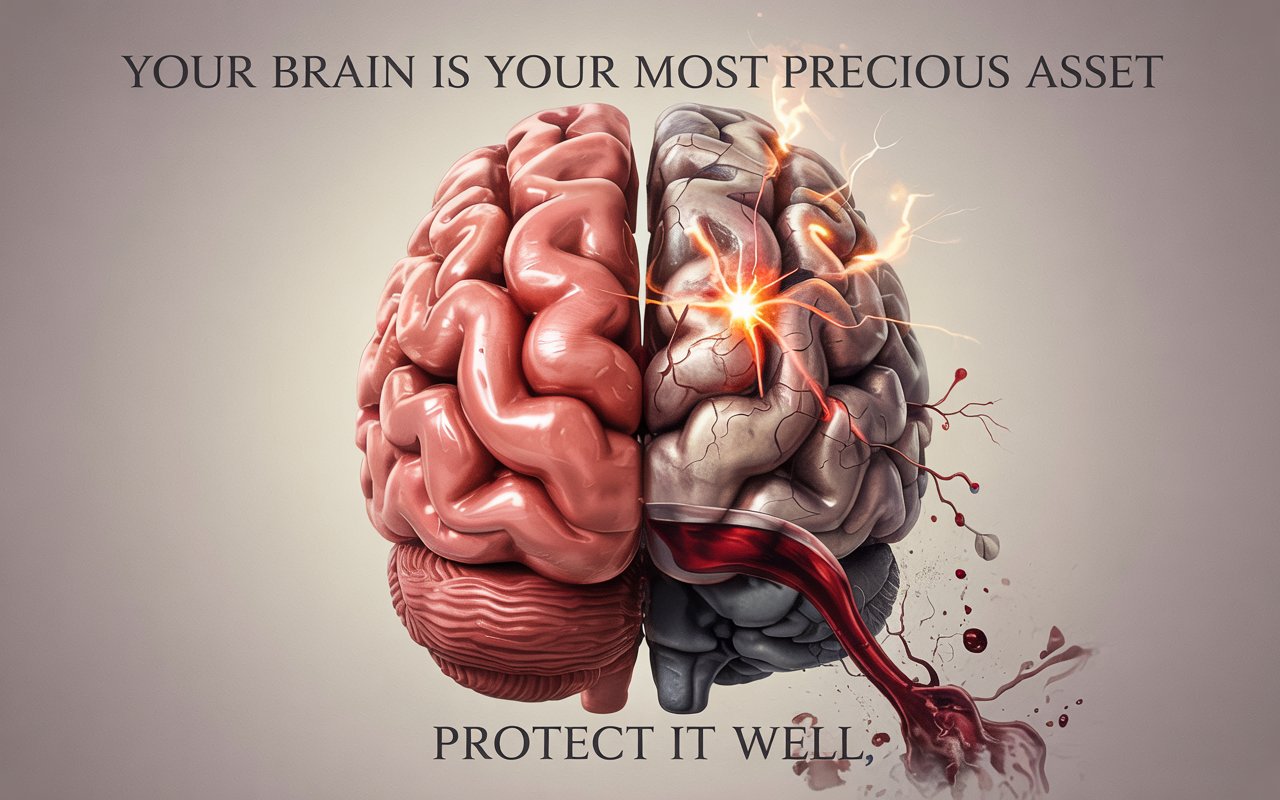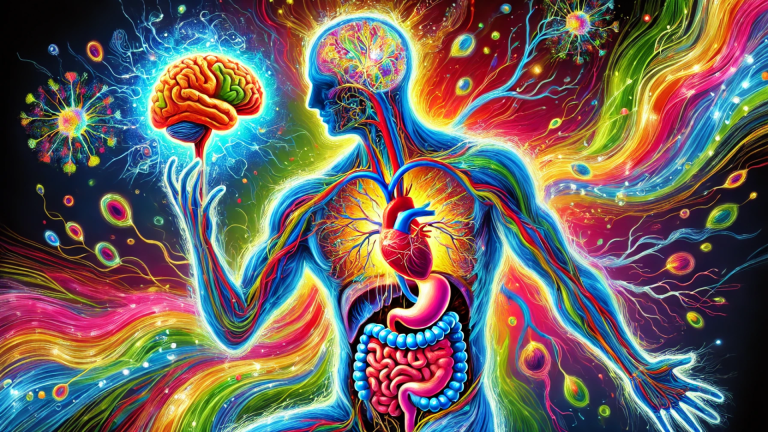How Drinking Affects Cognitive Function and the increased risks of Dementia.
As research continues to advance, the darker side of alcohol use becomes increasingly clear. While moderate consumption is often portrayed as harmless (and even beneficial in some cases), the reality is that alcohol can have serious, lasting effects on the brain, even at levels many people would not consider dangerous.
Among the most concerning risks are cognitive decline and various forms of dementia. Understanding how alcohol interacts with brain health is crucial for making informed decisions about your drinking, both for ourselves and for future generations.
How Alcohol Affects the Brain
Alcohol is a neurotoxin, meaning it directly impacts the brain’s structure and function. When consumed, alcohol easily crosses the blood-brain barrier, interfering with the communication between neurons. Initially, these effects manifest as the familiar symptoms of intoxication: slurred speech, impaired motor skills, slowed thinking, and memory lapses.
But the effects of alcohol extend beyond the temporary “buzz.”
Regular, heavy drinking can cause permanent alterations to the brain. Research shows that alcohol damages white matter, the fibres that connect different parts of the brain and allow for smooth communication between them. Damage to white matter is associated with problems in attention, memory, emotional regulation, and decision-making. Furthermore, alcohol triggers inflammation in the brain and increases oxidative stress, processes that accelerate brain aging and contribute to neurodegenerative diseases.
Cognitive Decline and Alcohol
Even before dementia sets in, alcohol can cause subtle but meaningful cognitive decline. Studies consistently find that heavy drinkers perform worse on cognitive tests measuring memory, executive function, attention, and processing speed compared to moderate drinkers or abstainers.
One particularly worrying discovery is that brain volume, a general indicator of brain health, shrinks with higher alcohol consumption.
A 2017 study published in The BMJ found that even moderate drinking (defined as 14-21 units per week, about 6-10 standard drinks) was associated with a threefold greater risk of hippocampal atrophy. The hippocampus is a critical region involved in memory formation.
Shrinkage of the hippocampus is a hallmark of early Alzheimer’s disease.
Alcohol and Dementia
Dementia refers to a group of disorders characterised by progressive cognitive impairment, including memory loss, disorientation, and difficulty with language and problem solving. Alzheimer’s disease is the most common form, but there are several others, including vascular dementia and alcohol-related dementia.
There is strong evidence that alcohol use increases the risk of several types of dementia:
1. Alcohol-Related Dementia (ARD)
ARD refers specifically to cognitive decline and brain damage caused by chronic heavy drinking. It is distinct from other forms of dementia, though the symptoms often overlap. People with ARD may experience profound memory deficits, difficulty with abstract thinking, poor judgment, and social withdrawal.
A related condition, Wernicke-Korsakoff Syndrome, stems from thiamine (vitamin B1) deficiency often found in heavy drinkers. It causes severe memory problems and confusion and is sometimes called “alcoholic dementia.”
2. Vascular Dementia
Heavy alcohol use increases the risk of high blood pressure, stroke, and heart disease, all of which in turn elevate the risk of vascular dementia. In vascular dementia, cognitive problems result from impaired blood flow to the brain. Chronic alcohol use exacerbates this by damaging blood vessels and promoting clot formation.
3. Alzheimer’s Disease
While the relationship between alcohol and Alzheimer’s is complex, recent studies suggest that heavy drinking, particularly binge drinking, significantly increases Alzheimer’s risk.
Alcohol accelerates amyloid plaque buildup and tau protein tangles, both of which are central features of Alzheimer’s pathology.
How Much Is Too Much?
Defining “safe” levels of alcohol consumption is tricky. Many health authorities recommend staying within low-risk guidelines, for instance, the CDC suggests no more than two drinks per day for men and one for women.
However, research increasingly suggests that when it comes to brain health, less is better. A large study published in Nature Communications in 2021 involving over 25,000 participants found that there was no safe level of alcohol consumption for brain health: even light drinking was associated with reductions in brain volume.
Binge drinking, defined as consuming a large amount of alcohol in a short time, seems to be especially damaging. Frequent binge drinking episodes in young adulthood, a time when the brain is still maturing, may set the stage for cognitive problems decades later.
Protecting Your Brain
The good news is that reducing alcohol consumption can help protect cognitive function.
Some strategies include:
- Setting limits: Stick to no more than one drink per day or consider abstaining altogether.
- Alcohol-free days: Building in alcohol-free days during the week gives your body and brain time to recover.
- Choosing alternatives: Mocktails, alcohol-free beers, and sparkling waters are excellent substitutes.
- Seeking help if needed: If cutting down is difficult, support groups, therapy, or medical interventions can help.
Additionally, general lifestyle habits that promote brain health such as regular exercise, a balanced diet rich in antioxidants, good sleep hygiene, and mental stimulation can offset some risks.
Alcohol’s effects on cognitive function and dementia risk are clear and concerning. While the occasional drink may seem harmless, long-term patterns of drinking, especially heavy or binge drinking, pose significant threats to brain health.
As awareness grows, there is a powerful opportunity for individuals and society to rethink alcohol use, prioritise cognitive well-being, and ensure that the golden years are as mentally vibrant as they are physically.
Your brain is your most precious asset. Protect it well.







